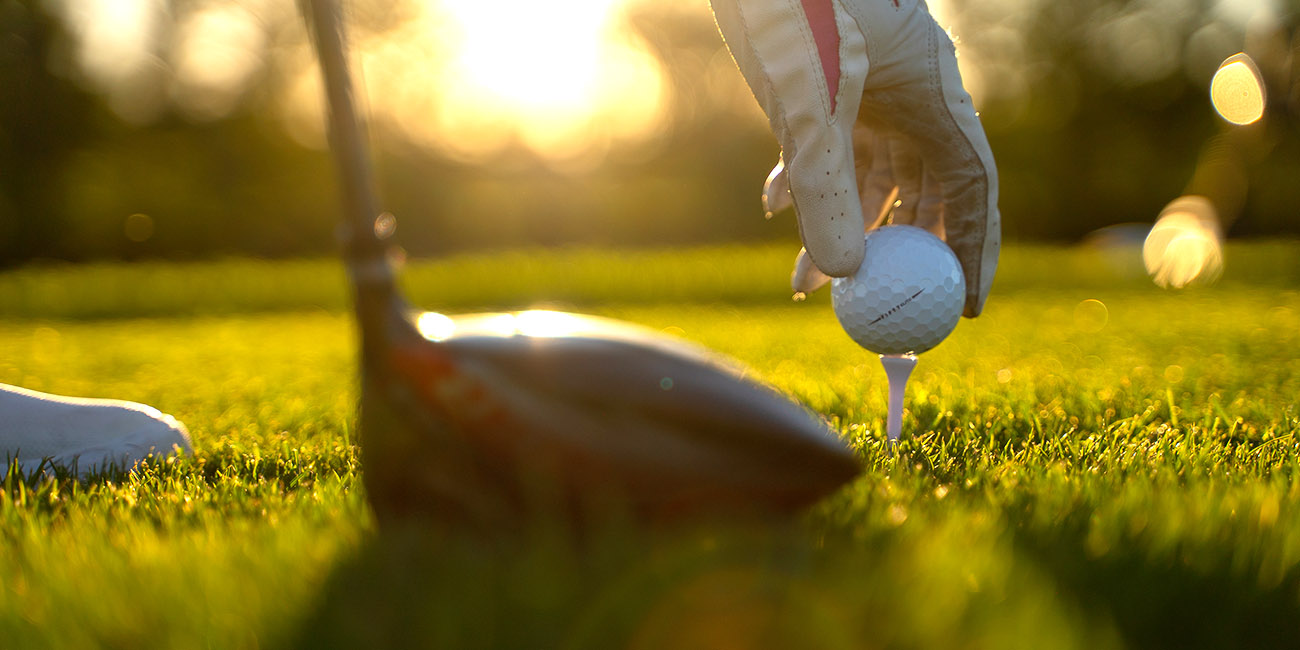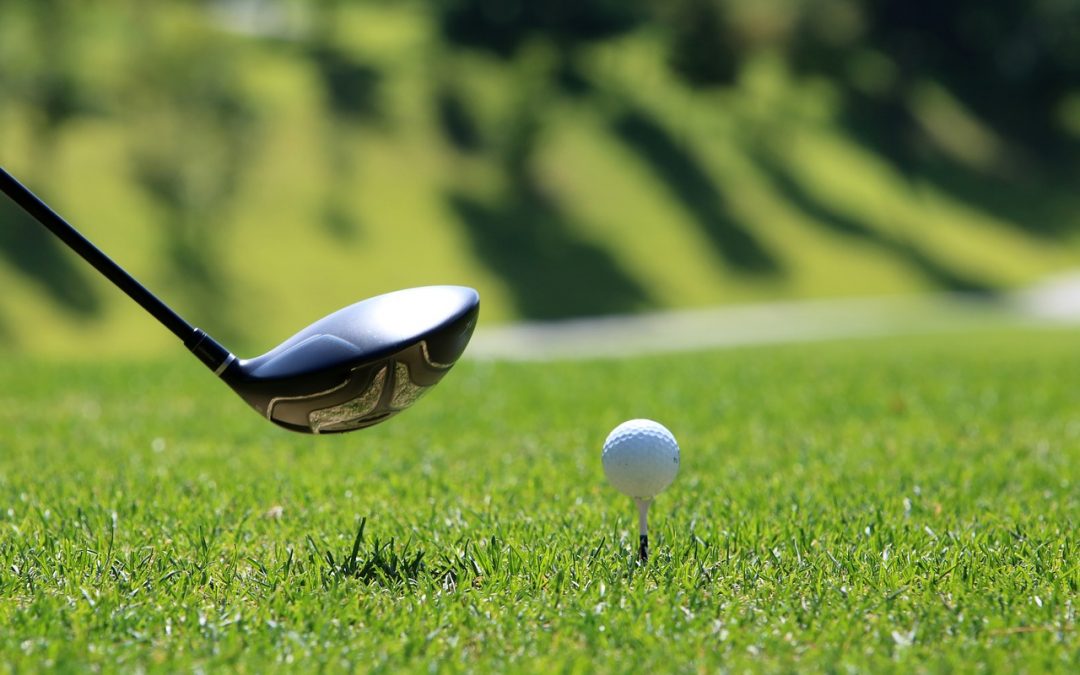There are a lot of things that make scuba diving daunting. We do our best to make your experience safe, but it is always best to be prepared for potential hazards. There are just some Medical Conditions not suitable for scuba diving you should know about when scuba diving to keep yourself safe and healthy.
- Cardiovascular disease
Diving is a strenuous activity and can be even harder if you have cardiovascular issues. This includes high blood pressure, irregular heartbeats, and any stenosis or problems with your aortic valve. If you suffer from any of these conditions, it’s best to refrain from diving until you can get it under control.

- History of blood clots
Have you ever noticed that your skin turns yellow/brown from sun exposure? This is caused by ‘paradoxical vasodilation,’ which occurs when blood flow increases to the skin and it’s exposed to the sun’s UV rays. This happens because your body has to work harder to get rid of excess iron.
Have you ever noticed that your skin turns yellow/brown from sun exposure? This is caused by ‘paradoxical vasodilation,’ which occurs when blood flow increases to the skin and it’s exposed to the sun’s UV rays.
- Polycythemia Vera
Polycythemia is when your bone marrow produces too many red blood cells. This blood clots more easily than normal, leading to pulmonary embolism and other complications such as heart attacks and strokes.
- Disabling back/neck problems
This can be anything from an acute muscle sprain or strain, disk herniation, spinal cord compression, or vertebral fracture.
- Seizures
You should never dive if you have epilepsy or have ever suffered a seizure.
- Osteoporosis/Rheumatoid arthritis
If you have either or both of these conditions, you must talk with your doctor about the proper scuba gear that will suit your diving needs. You should also consider which scuba spots are best for your condition and avoid flying, hiking, and other potentially aggravating activities during your downtime between dives.
- Concussion and Traumatic brain injury
It’s better to be safe than sorry when it comes to diving. If you have suffered either of these conditions and are not certain that you are ready to dive again, consult your doctor and take the proper precautions.
- Degenerative disc disease/Spondylolisthesis
If your neck, back, or spine is compromised (such as an injury from a serious car accident), its best not to dive until your physician clears you.

- Severe asthma/Epilepsy
You should never dive if you suffer from either of these conditions because it could prove fatal for you and you and others involved in the dive.
Conclusion
These are some of the medical Conditions not suitable for scuba diving that should be at your fingertips. The water is beautiful, but it can be dangerous when you are unprepared for what you are getting into. So it’s important to be aware of all the risks and mitigate them as best as possible before diving.




